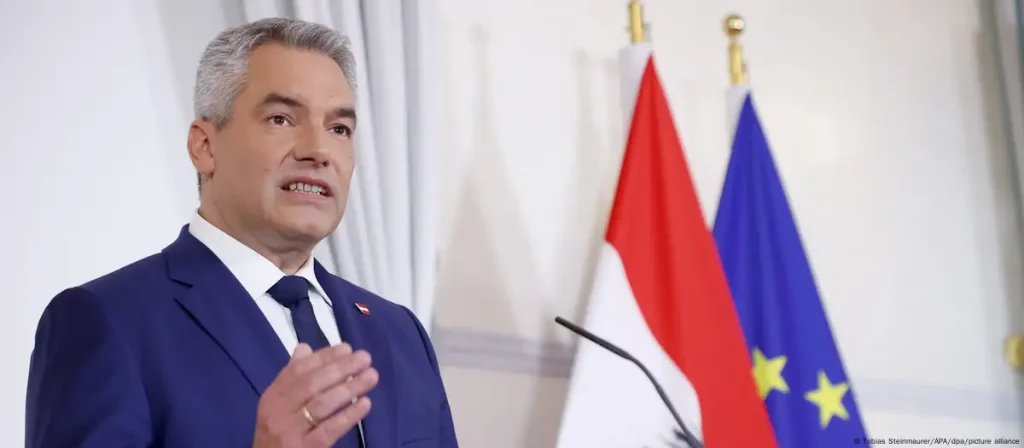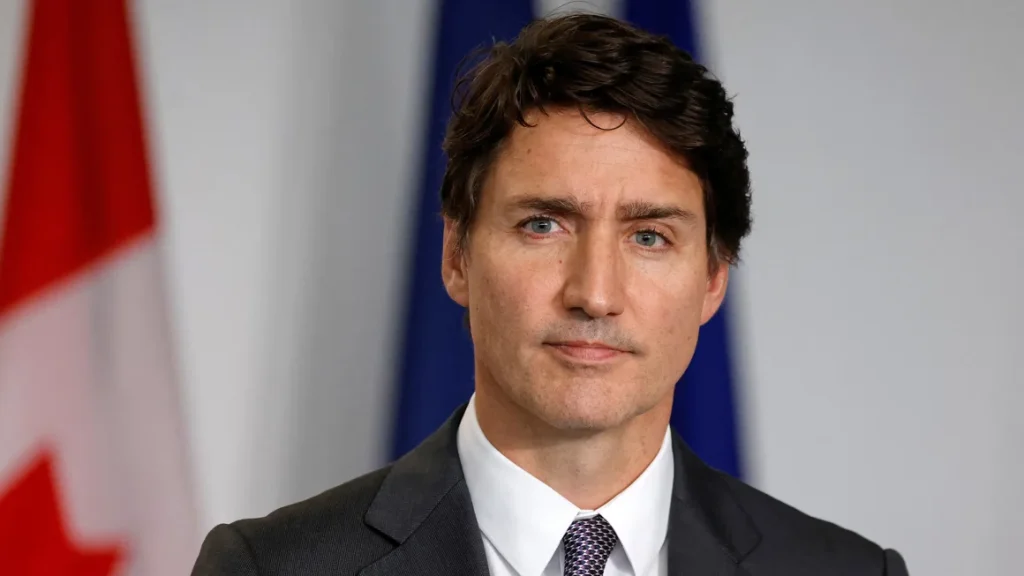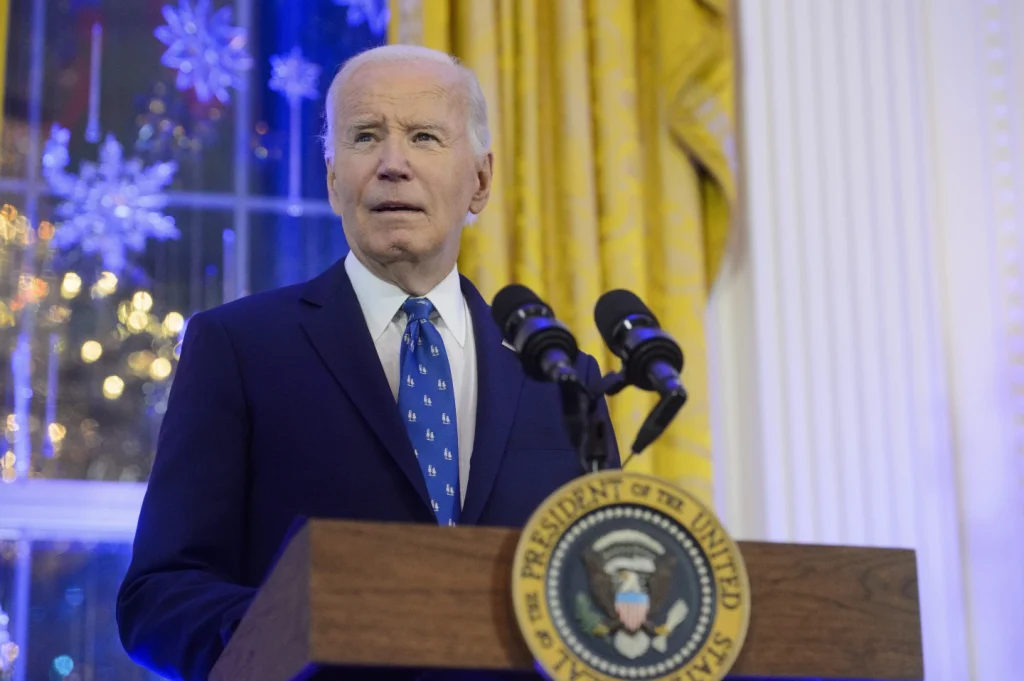The Austrian Chancellor Karl Nehammer resigns after talks on forming a government collapsed

Austrian Chancellor Karl Nehammer has announced his resignation following the collapse of talks aimed at forming a new government, marking a significant shift in the country’s political landscape. The abrupt departure comes amid intense political turmoil, as Nehammer’s efforts to forge a stable coalition faltered after key negotiations broke down. His resignation has left Austria facing uncertainty, as the country grapples with its next steps in an already divided political climate.
Nehammer, leader of the Austrian People’s Party (ÖVP), had been serving as Chancellor since December 2021, following the resignation of his predecessor, Sebastian Kurz, due to corruption charges. Since taking office, Nehammer had faced mounting challenges, including navigating the ongoing fallout from the COVID-19 pandemic, a surge in inflation, and the political instability caused by his predecessor’s scandals. Despite these challenges, Nehammer’s leadership had been characterized by efforts to stabilize the government and restore public trust in the ÖVP.
However, his tenure took a dramatic turn when talks to form a new coalition government collapsed. Following the national elections in the fall of 2024, Nehammer had hoped to build a broad-based coalition with Austria’s smaller political parties, aiming to address the nation’s economic woes and respond to shifting public sentiments. The talks were primarily focused on forging a coalition with the Green Party and the liberal NEOS party, both of which had been key players in previous government formations. Yet, despite numerous rounds of discussions, significant disagreements between the parties over key issues such as economic policy, climate action, and immigration led to the collapse of negotiations.
The breakdown of coalition talks was a blow to Nehammer’s leadership and severely undermined his political standing. The inability to form a new government has left Austria in a state of political limbo, with no clear path forward. Many observers have expressed concern that this instability could exacerbate the country’s economic and social challenges. In particular, issues such as rising energy prices, inflation, and unemployment have dominated the national conversation, and the lack of a functioning government could hinder the ability to address these pressing problems.
In his resignation speech, Nehammer acknowledged the difficulties of the coalition talks and the deep divisions within Austria’s political system. He expressed regret that he was unable to unite the various factions and secure the necessary support for a stable government. “We worked hard, but the gaps between the parties were too great to overcome,” he said. “At this moment, it is clear to me that it is time for new leadership to take the country forward.”
Nehammer’s resignation marks the end of a turbulent chapter in Austrian politics, but it is unclear what direction the country will take next. His decision to step down has thrown the political establishment into disarray, with the ÖVP now tasked with finding a successor who can navigate the political fragmentation and regain public confidence. The ÖVP has been grappling with internal divisions in recent years, and the collapse of the government formation talks has only amplified these rifts.
The opposition parties, including the far-right Freedom Party of Austria (FPÖ) and the Social Democrats (SPÖ), have seized on Nehammer’s resignation as an opportunity to criticize his leadership and call for a change in direction. The SPÖ, which has struggled to gain traction in recent years, has already begun positioning itself as a potential alternative to the ÖVP, urging the country to move away from the policies championed by Nehammer and Kurz.
In the wake of Nehammer’s resignation, Austrian President Alexander Van der Bellen will now be responsible for overseeing the formation of a new government. He has called for a period of consultation with political leaders to explore potential avenues for stability. However, with Austria’s political system deeply divided and trust in traditional parties at an all-time low, forming a viable coalition may prove to be an arduous task.
The collapse of government talks is not only a political setback for Nehammer but also highlights broader challenges facing Austria and many other European nations. The rise of populist and extremist movements, increasing public dissatisfaction with the political establishment, and the pressure of economic crises have led to a fragmentation of the political landscape. This instability makes it difficult for governments to maintain a cohesive and effective leadership, with parties increasingly at odds over key policy issues.
As Austria faces this moment of uncertainty, the focus will now shift to how the political establishment plans to move forward. Will a new leader emerge from the ÖVP, or will Austria see the rise of new political forces? The answer to this question will shape the future of the country, as it grapples with the need for unity and stability in an increasingly polarized world.
In conclusion, Karl Nehammer’s resignation after the collapse of government formation talks marks a pivotal moment in Austrian politics. It reflects the deep political divisions within the country and the challenges faced by traditional parties in maintaining power. As Austria enters a period of political uncertainty, the coming months will be crucial in determining the country’s direction and whether it can find a new path toward stability and prosperity.






